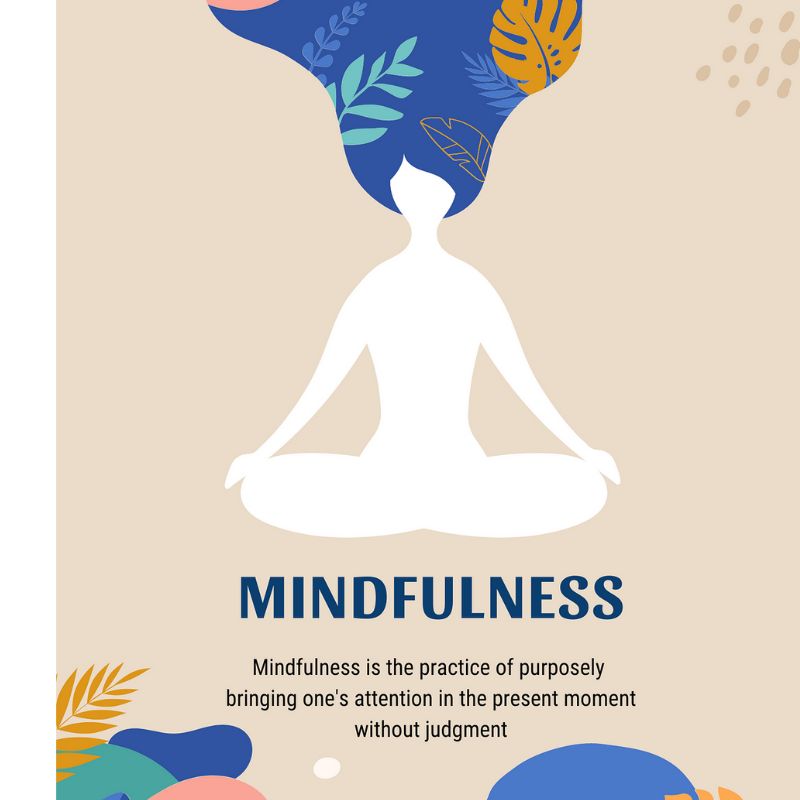In an unpredictable world, the ability to adapt emotionally is a superpower. Learning how to build emotional resilience naturally is one of the most vital personal growth skills you can develop—especially in an age of digital stress, burnout, and social isolation.
Emotional resilience is not just about “being tough.” It’s the process of developing mental flexibility, self-awareness, and emotional strength in a way that supports your health, relationships, and overall well-being. And the good news? You can cultivate it without turning to synthetic aids or quick fixes.
What Is Emotional Resilience?
Emotional resilience is your ability to bounce back from adversity, trauma, or stress in a healthy, adaptive way. Resilient people don’t avoid pain or stress—they experience it fully but are able to regulate their emotions, learn from difficult situations, and maintain a sense of balance.
Developing this skill can make you more:
- Emotionally intelligent
- Adaptable to change
- Resistant to anxiety and depression
- Capable of building strong relationships
Now let’s explore how to build emotional resilience naturally, step by step.
1. Practice Mindfulness and Self-Awareness
Mindfulness is a cornerstone of emotional resilience. It helps you become more aware of your internal reactions without judging them.

How to Do It:
- Start with breath awareness. Just 5–10 minutes a day of mindful breathing reduces cortisol and trains your mind to focus under stress.
- Name your emotions. When you’re upset, pause and ask: “What am I feeling right now?” Naming your emotions activates your prefrontal cortex, giving you better control over your responses.
- Try mindful walking or body scans to build somatic awareness.
2. Build a Strong Support System
You don’t have to face everything alone. Connection with others is one of the most natural and effective ways to build resilience.
- Spend quality time with supportive family or friends.
- Join groups that align with your values or hobbies.
- Don’t hesitate to seek help—a good listener can offer clarity and comfort during tough times.
Harvard research has shown that strong relationships are the biggest predictor of long-term emotional well-being.
3. Develop Healthy Emotional Habits
Emotionally resilient people don’t repress their emotions; they learn how to manage them naturally. Here’s how:
- Reframe negative thoughts. Instead of “I can’t handle this,” try “This is difficult, but I’ve handled tough things before.”
- Write it out. Journaling is a proven method to make sense of emotional turmoil.
- Limit emotional suppression. Suppressing emotions can lead to anxiety and depression. Let yourself feel, but also focus on recovery and growth.
4. Focus on Physical Health
Your body and mind are deeply connected. When your physical health is strong, your emotional resilience improves.
- Eat whole, nutrient-rich foods that support brain function (e.g., omega-3s, leafy greens, berries).
- Move regularly. Exercise, even just walking, helps reduce stress hormones and improves mood.
- Sleep deeply. Chronic sleep deprivation increases emotional reactivity.
5. Cultivate a Growth Mindset
A growth mindset is the belief that you can improve and adapt through effort and learning. This mindset fosters optimism and emotional flexibility.
- Learn from failure. View setbacks as opportunities to grow rather than signs of inadequacy.
- Use affirmations. Phrases like “I’m capable of handling whatever comes my way” train your brain toward resilience.
- Practice gratitude. Keeping a daily gratitude journal rewires your brain for positivity.
6. Spend Time in Nature
Nature exposure has been shown to naturally reduce anxiety, improve mood, and enhance cognitive function.
- Take short walks in a park or forest.
- Engage in activities like gardening or hiking.
- Use your senses—listen to birds, feel the breeze, notice the colors—to stay grounded.
7. Avoid Overstimulation and Digital Overload
Modern life bombards us with constant notifications, news, and social media comparisons—fueling anxiety.
- Take digital detoxes: unplug for an hour a day or designate screen-free zones.
- Protect your mental space by limiting news exposure.
- Replace scrolling with real conversations or offline hobbies.
This alone can greatly improve emotional regulation and focus.
FAQs
Q: Can I build emotional resilience without therapy?
A: Yes. Many people develop strong emotional resilience through mindfulness, lifestyle changes, and supportive relationships. Therapy helps but isn’t always necessary.
Q: How long does it take to become emotionally resilient?
A: It varies per person. With daily habits and awareness, most people notice improvement within a few weeks to months.
Q: Does diet really affect emotional health?
A: Absolutely. A well-balanced diet supports brain chemistry, energy levels, and mood regulation.
Q: Is emotional resilience the same as emotional suppression?
A: No. Suppression avoids emotion; resilience means engaging with emotions skillfully and recovering from distress.
Q: Can children learn emotional resilience naturally?
A: Yes! Through modeling, safe environments, and supportive parenting, children develop strong resilience early on.
Conclusion
Building emotional resilience doesn’t require drastic measures or medication. By embracing a mindful lifestyle, creating supportive relationships, and nourishing your body and mind, you can develop long-lasting emotional strength.
Whether you’re facing personal loss, career stress, or general anxiety about the world, learning how to build emotional resilience naturally can transform your ability to cope and grow.
Looking for more insightful, science-backed mental wellness resources? Visit MindScribes—your trusted space for empowering personal growth, emotional intelligence, and mindful living.

